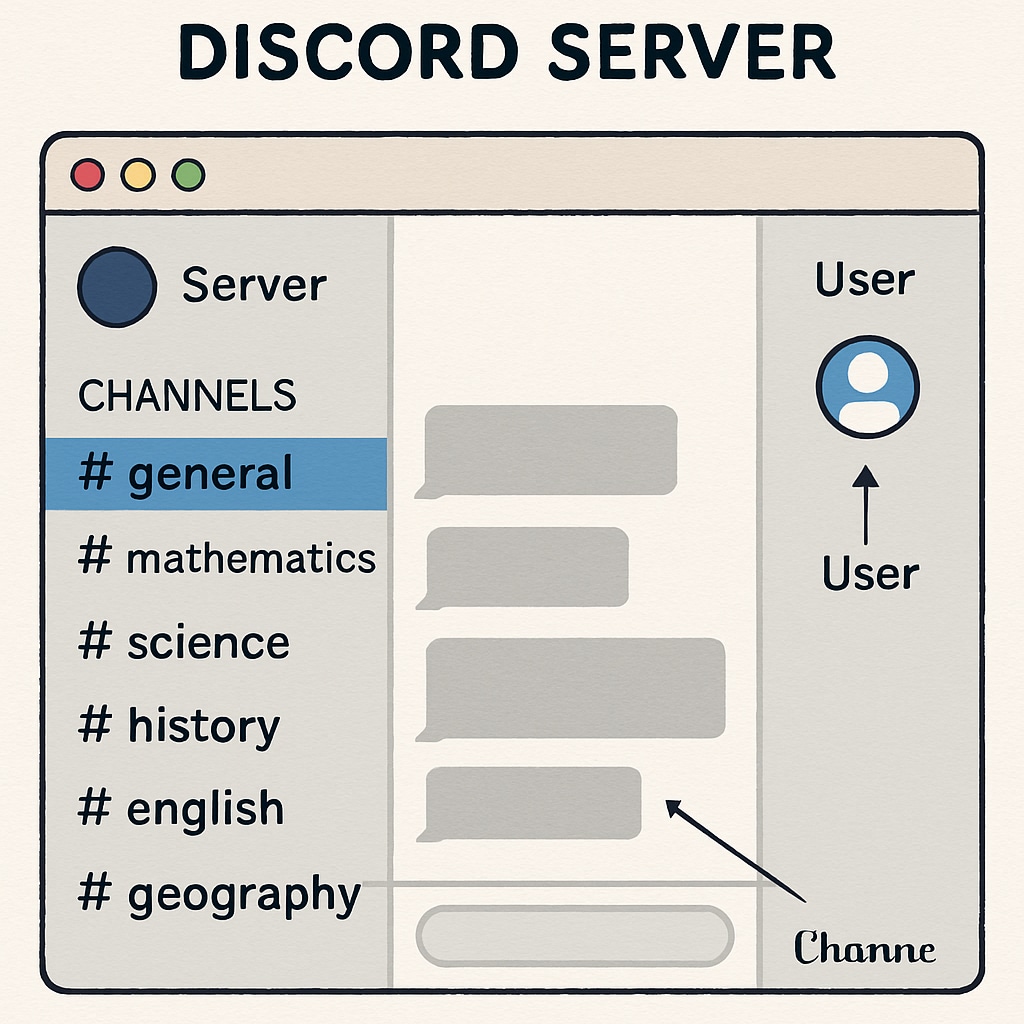In today’s education landscape, learning communities are becoming an essential tool for fostering collaboration and social skills. Whether through study groups, online platforms like Discord, or university-led initiatives such as those at the University of Houston (UH), these communities are reshaping how students connect, learn, and grow. By leveraging these organized networks, K-12 educators can better prepare students for the challenges of higher education and the modern workplace.

Why Learning Communities Matter in K-12 Education
Learning communities provide students with a sense of belonging and shared purpose. In K-12 education, these groups are particularly impactful as they allow students to develop critical life skills early on. Through participation in study groups, students cultivate collaboration and communication abilities, which are essential for teamwork in both academic and professional settings.
For example, platforms like Discord have emerged as a popular choice among students for creating virtual study spaces. Discord allows users to form private groups, exchange ideas, and organize collaborative projects. These virtual communities are especially beneficial for students who may not have access to in-person study groups, offering them an inclusive and flexible way to connect with peers.
Moreover, universities like UH (University of Houston) are setting examples by promoting structured learning communities that support both academic and social development. These initiatives show how K-12 institutions can follow similar models to build a collaborative culture from an early stage.
How Platforms like Discord Transform Learning Communities
Discord, initially designed for gamers, has evolved into a versatile platform for education. Its features, such as voice channels, text threads, and file-sharing capabilities, make it an excellent tool for study groups. By creating dedicated servers for specific subjects or projects, students can access resources, ask questions, and engage in discussions in real-time.
For K-12 students, the use of Discord can help bridge the gap between classroom learning and independent study. Teachers can also participate by moderating discussions and providing guidance, ensuring that the platform remains a productive space. This kind of blended learning environment fosters not only academic success but also interpersonal skills like teamwork and problem-solving.

UH and the Role of Organized Learning Communities
The University of Houston (UH) offers a prime example of how organized learning communities can thrive. UH encourages students to join study groups and participate in peer-led workshops, which enhance both academic performance and social interaction. These activities are structured in a way that mirrors real-world teamwork, preparing students for collaborative environments in their future careers.
K-12 educators can take inspiration from UH by creating similar structures within their schools. For instance, teachers can assign peer mentors, organize group study sessions, or even integrate virtual platforms like Discord into their curriculum. These initiatives help students build confidence in their abilities while promoting mutual respect and understanding among peers.
Practical Steps to Implement Learning Communities in K-12 Education
To effectively integrate learning communities into a K-12 setting, educators can follow these practical steps:
- Create Structured Groups: Organize students into groups based on their interests or academic needs, ensuring diversity to encourage different perspectives.
- Introduce Technology: Use platforms like Discord to facilitate virtual study groups, especially for students who prefer online interaction.
- Provide Guidance: Offer training on effective collaboration, including communication skills, conflict resolution, and time management.
- Encourage Peer Leadership: Assign roles within groups, such as discussion leader or resource manager, to develop leadership skills among students.
- Monitor Progress: Regularly assess the effectiveness of the groups and make adjustments as needed to maintain engagement and productivity.
By implementing these steps, educators can create a supportive environment where students feel motivated to learn and collaborate.
In conclusion, learning communities, whether through study groups, platforms like Discord, or university-inspired initiatives, play a vital role in preparing K-12 students for the future. By fostering collaboration, communication, and social skills, these communities enable students to thrive in both academic and professional settings. As more schools recognize the benefits of these initiatives, the potential for student growth becomes limitless.
Readability guidance: This article uses concise paragraphs, clear headings, and bullet points to enhance readability. The content avoids excessive jargon and maintains an engaging tone suitable for both educators and parents.


